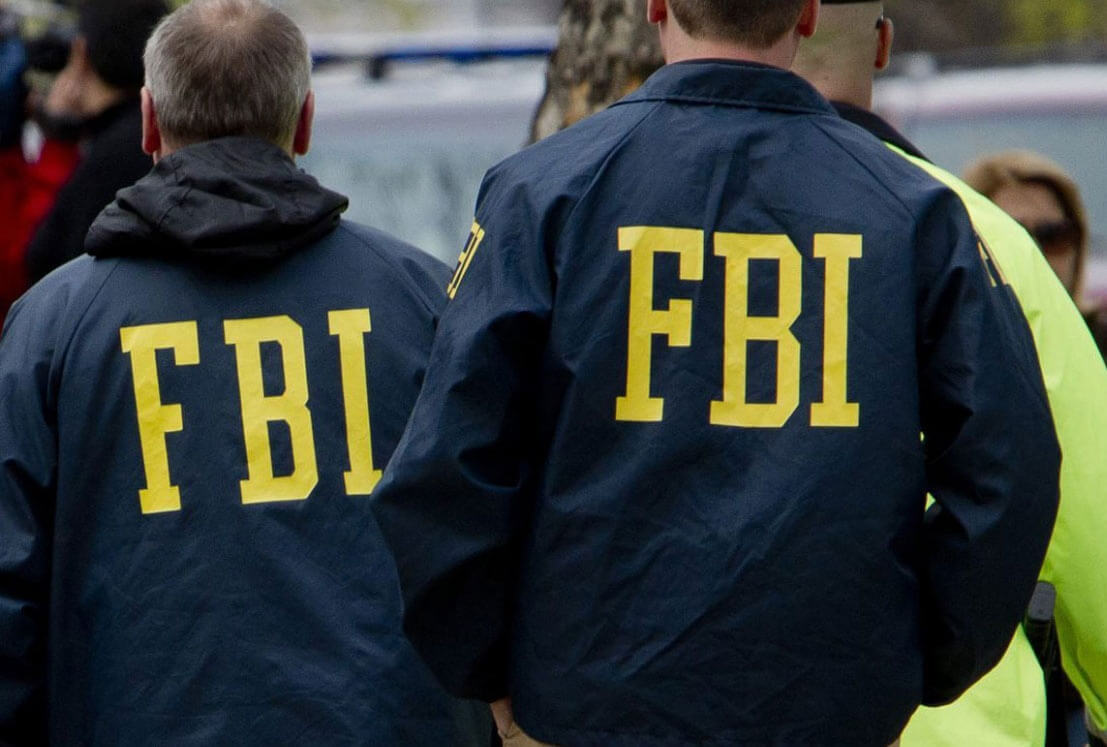The big picture: While regulators are scrambling to find new ways to prevent mass shootings and other similar threats, they raise criticism around the implications of their efforts. The FBI wants to perform mass surveillance of big social platforms but leaves many unanswered questions about what it might entail, and how it can achieve its goals without infringing people's civil liberties.
The mass shootings that took place a little over a week ago sparked intense, but also contradictory reactions from Trump's administration. On one hand, the White House wants the help of big tech companies to craft a tool that harvests information from social platforms to predict any possible threats. On the other hand, Trump expressed the administration's plans to punish the same platforms for perceived bias - something he first hinted at last year when he singled out Google for its left-leaning search results.
The Wall Street Journal says the Federal Bureau of Investigation is now planning to start an aggressive data collection from social platforms like Twitter, Instagram, and Facebook, which also seems to clash with their respective privacy policies. Facebook, in particular, has to comply with several restrictions as part of a deal with the FTC, which have to do with the way it can collect and process user data moving forward.
The FBI is asking for proposals from third party vendors for a "social media early alerting tool to mitigate multifaceted threats." The technical solution will be used to "proactively identify and reactively monitor threats to the United States and its interests." The request was made a few weeks before the recent shootings that took place in Texas and Ohio, and vendors have until the end of this month to submit their proposals.
A Twitter spokeswoman told the Wall Street Journal that its privacy policy explicitly prohibits the use of user data "by any entity for surveillance purposes, or in any other way that would be inconsistent with our users' reasonable expectations of privacy. Period."
Judging by the wording of the request, the agency only seeks to gather publicly available data and intends to do so while respecting civil liberties and privacy safeguards. The FBI says it would collect the names, pictures, and IDs from public profiles and combine them with information from other sources and algorithms that flag specific keywords in social interactions.
Big tech platforms hold a lot of user data that AI tools can sift through more quickly than humans ever could, but algorithmic threat detection could lead to a lot of false positives. The FBI says the alerts would be processed by dedicated teams of people that would also be able to adjust their frequency.
Meanwhile, the White House is circulating a draft of a new executive order that will give the Federal Communications Commission the power to oversee large online platforms and ensure they are moderated in a politically neutral way. This could also mean that said companies would be held responsible for user contributions - something that they were able to avoid so far thanks to a 1996 law that shielded them from such responsibilities.
